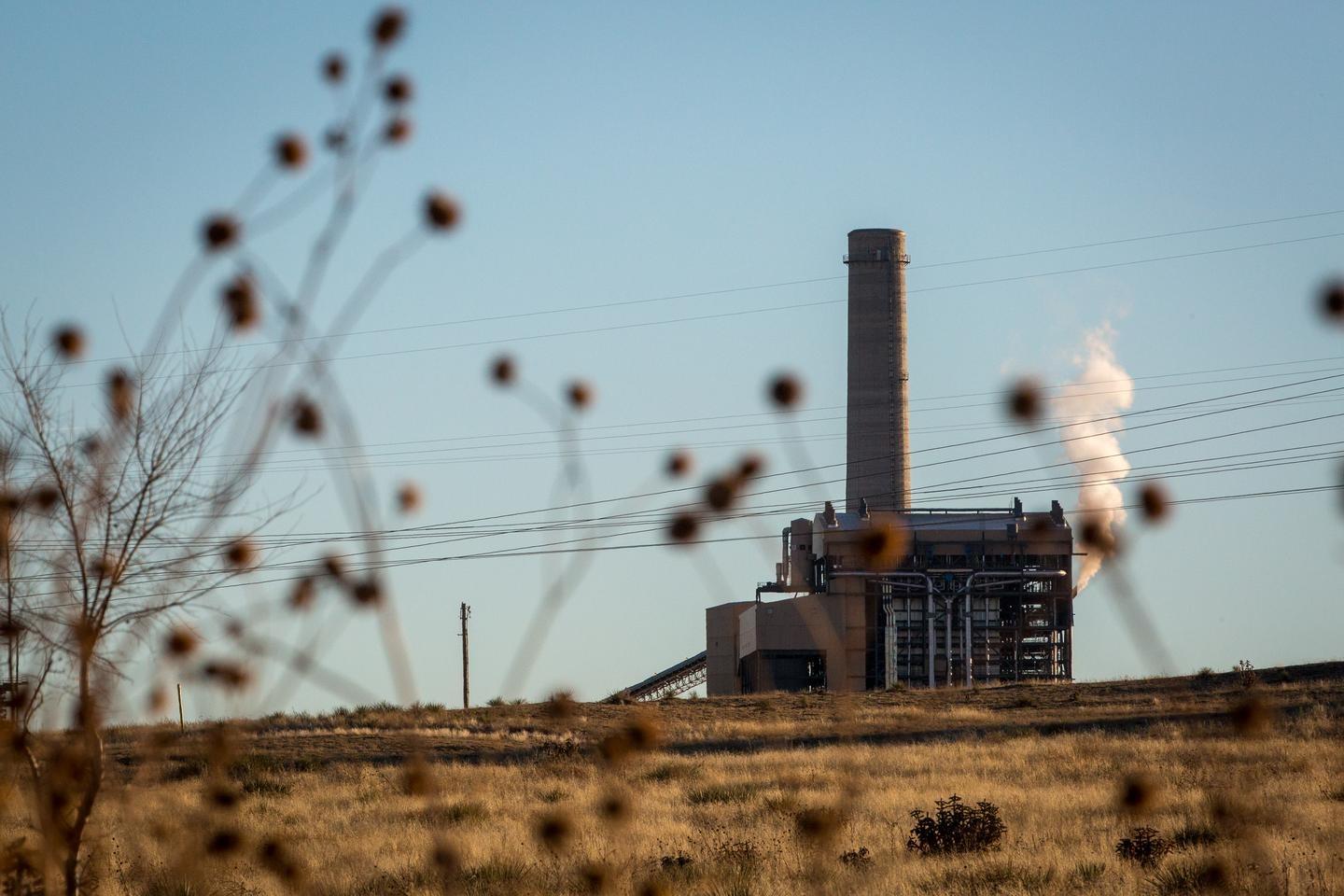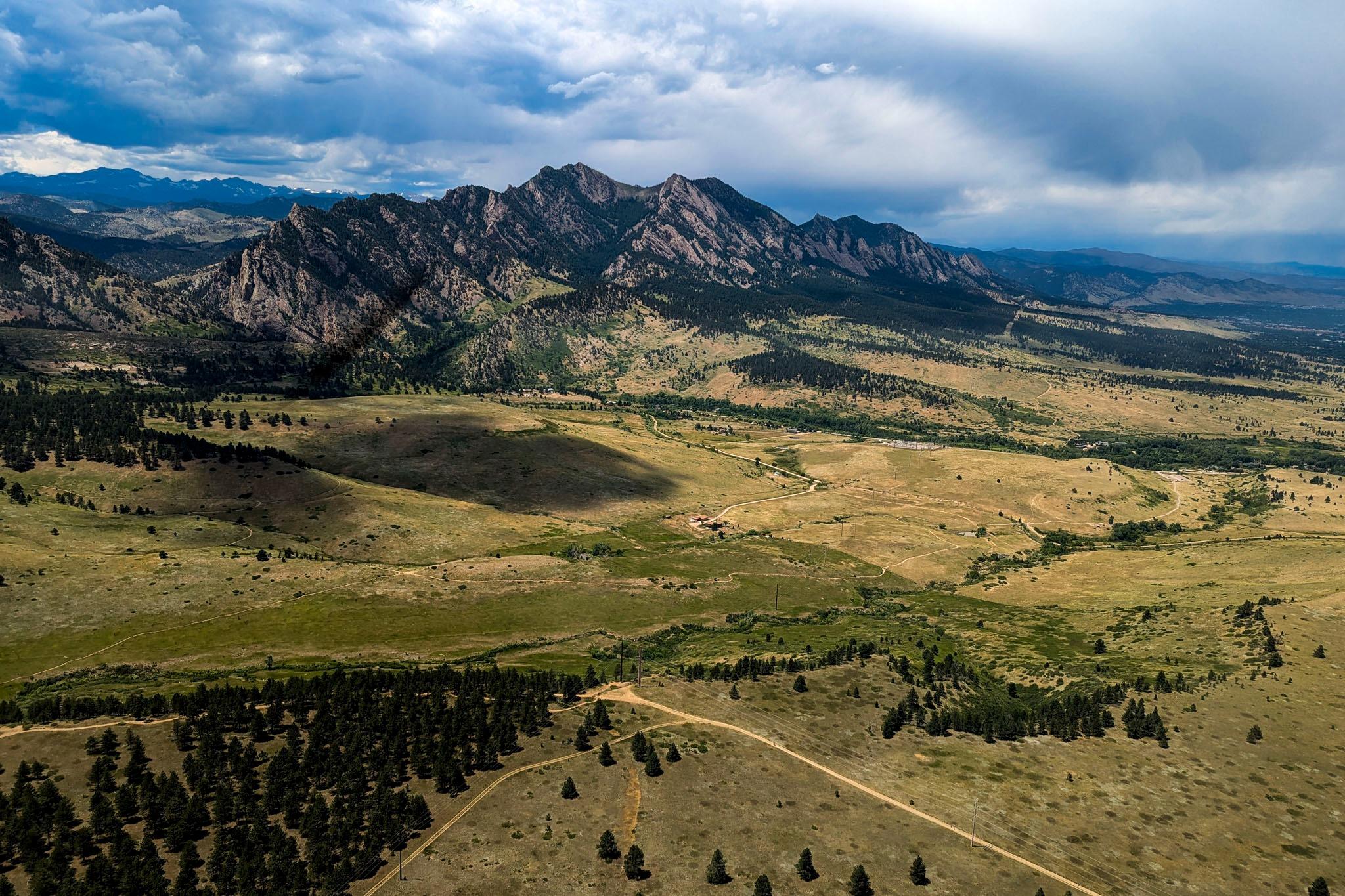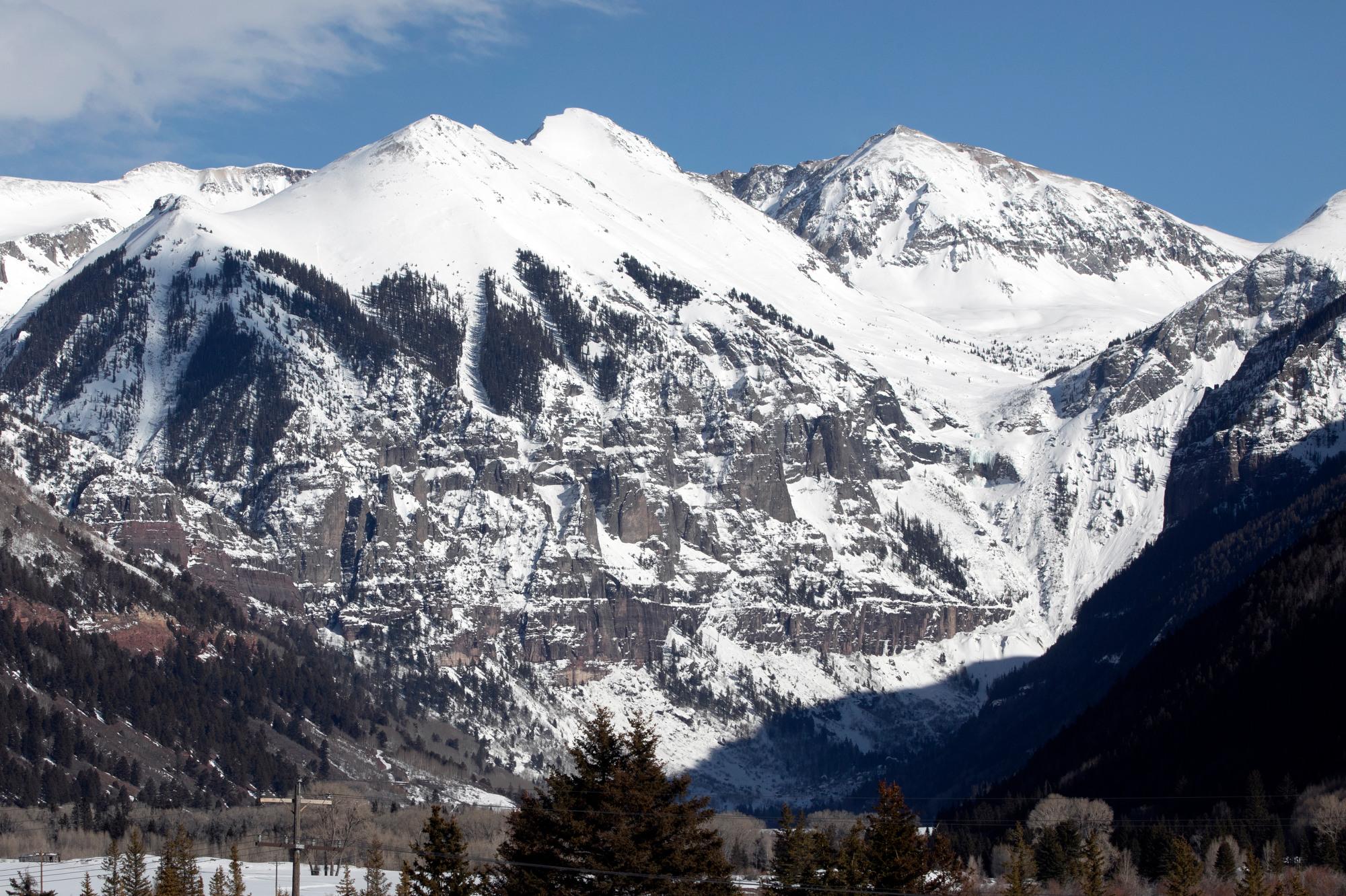
Gov. Jared Polis has spent most of his time in office pushing to accelerate Colorado’s transition away from fossil fuels in favor of more climate-friendly ways of generating electricity.
His administration, however, is now intervening to keep a coal-fired power plant running in Pueblo.
On Monday, Xcel Energy joined the Colorado Energy Office and Office of the Utility Consumer Advocate to file a petition asking state utility regulators to extend the lifespan of Comanche 2, a 50-year-old power plant currently scheduled to cease operations by Dec. 31. The coalition instead wants the facility to shutter by the end of 2026.
The request comes as the newer, larger Comanche 3 plant next door remains offline. Xcel Energy has acknowledged the troubled unit hasn’t supplied power since mid-August and isn’t expected to return to service until next June.
“We came to the conclusion that it would be prudent to make Comanche 2 available during that time period,” said Will Toor, the executive director of the Colorado Energy Office.
Coal-fired power plants have closed across the country as power companies shift to cheaper renewables and natural gas. President Trump is now attempting to reverse the decline. Since he returned to office, the U.S. Department of Energy has offered $625 million in investments to reinvigorate the industry and intervened to stop utilities from closing coal plants in Michigan and Pennsylvania.
Some have called for a similar action to save Pueblo's coal-fired power plants. On Oct. 31, Republican Rep. Jeff Hurd, who represents the city, asked the Trump administration to use emergency powers to keep Comanche 2 open indefinitely, saying Colorado might face an “energy emergency” if the plant was shuttered.
Toor insists Colorado doesn’t face an energy emergency, justifying federal action. He also added the state found no reason for Tri-State Generation and Transmission Association to delay its plans to close a coal-fired generating unit in Craig, Colo., at the end of the year.
At the same time, Toor said losing both Comanche 2 and 3 simultaneously could force Xcel to purchase high-cost natural gas over the winter, which could result in a sudden spike in energy bills.
Unlike Hurd’s request to the Department of Energy, the joint petition to regulators would delay Comanche 2’s closing date rather than potentially eliminating it altogether.
Hurd, who’s reviewing the filing, said it’s “consistent” with his request to “protect good jobs, keep energy affordable for families and businesses, and ensure Colorado's grid remains reliable.”
“We must keep this plant operating until dependable power is truly in place in Pueblo,” he added.
In a statement, a spokesperson for Xcel Energy said it joined the petition due to a spike in electricity demand, the outage at Comanche 3 and “supply chain challenges.” The company added that they remain committed to the state’s clean energy goals.
Meanwhile, environmental groups blasted the push to keep the power plant open. In a written statement, Erin Overturf, the clean energy director at Western Resource Advocates, said ratepayers shouldn’t be forced to pay for the poor economics and maintenance issues at aging coal-fired power plants.
“Comanche 3 has been an albatross around the neck of Xcel ratepayers for more than a decade. This request to delay the long-planned retirement of Comanche 2 will lead to increased costs for utility customers at a time when people are already economically struggling,” Overturf said.
It’s not immediately clear who will shoulder the costs of keeping the plant open past its closing date. Joseph Pereira, deputy director of the Office of the Utility Consumer Advocate, which advocates on behalf of utility customers, said in a statement that Comanche 2 is smaller and less expensive to operate than Comanche 3.
But he added that any costs incurred from Comanche’s 3 outages would still need to be approved by state utility regulators at Colorado’s Public Utilities Commission (PUC).
“It is the responsibility of [Xcel] to ensure their plants are reliable and cost-effective,” he said. “Any deviation from that responsibility should be shouldered by shareholders and not ratepayers.”
Rebecca White, director of the PUC, said that commissioners may issue a decision to keep the plant open in around three to four weeks. The process will also allow regulators to weigh in on longer-term solutions on replacing the electricity generation from the station.
- Congressman Jeff Hurd asks Trump administration to keep Pueblo coal plant running past 2025
- Pueblo County wants Trump to keep its aging coal plants open past their planned closing dates
- Why Colorado Springs wants to delay closing its last coal plant
- The owner of Colorado’s largest coal mine sees a future in coal — and so does the Trump administration








